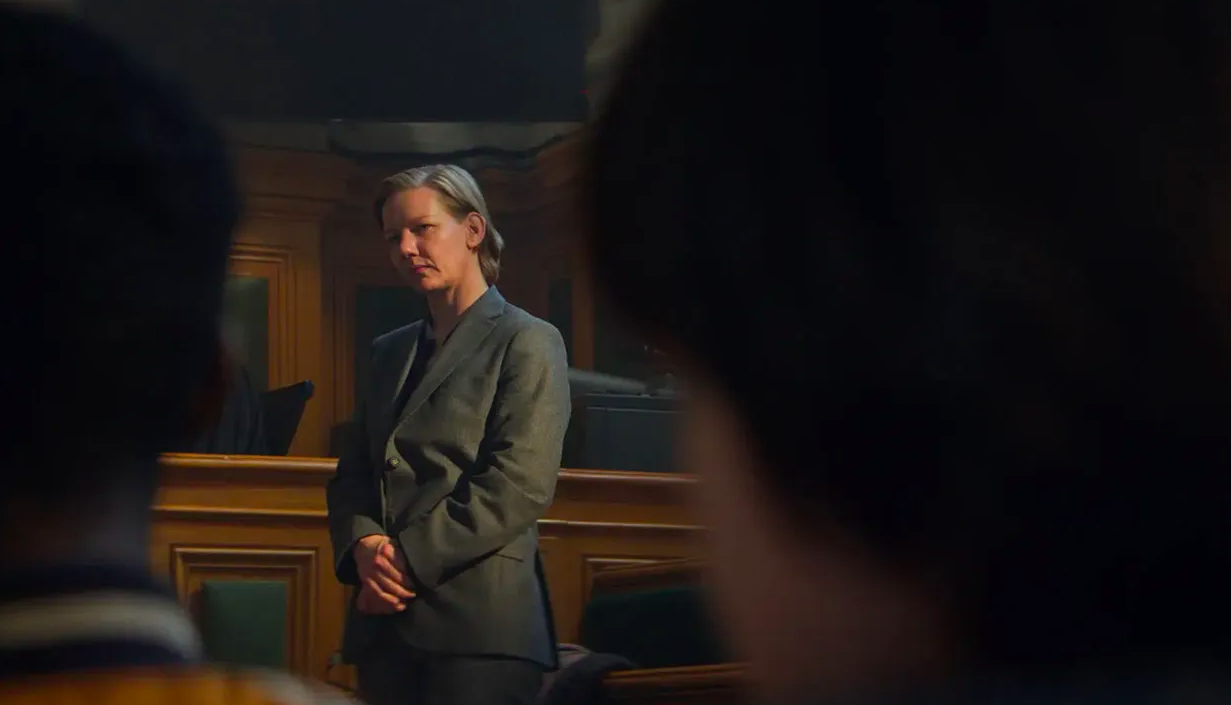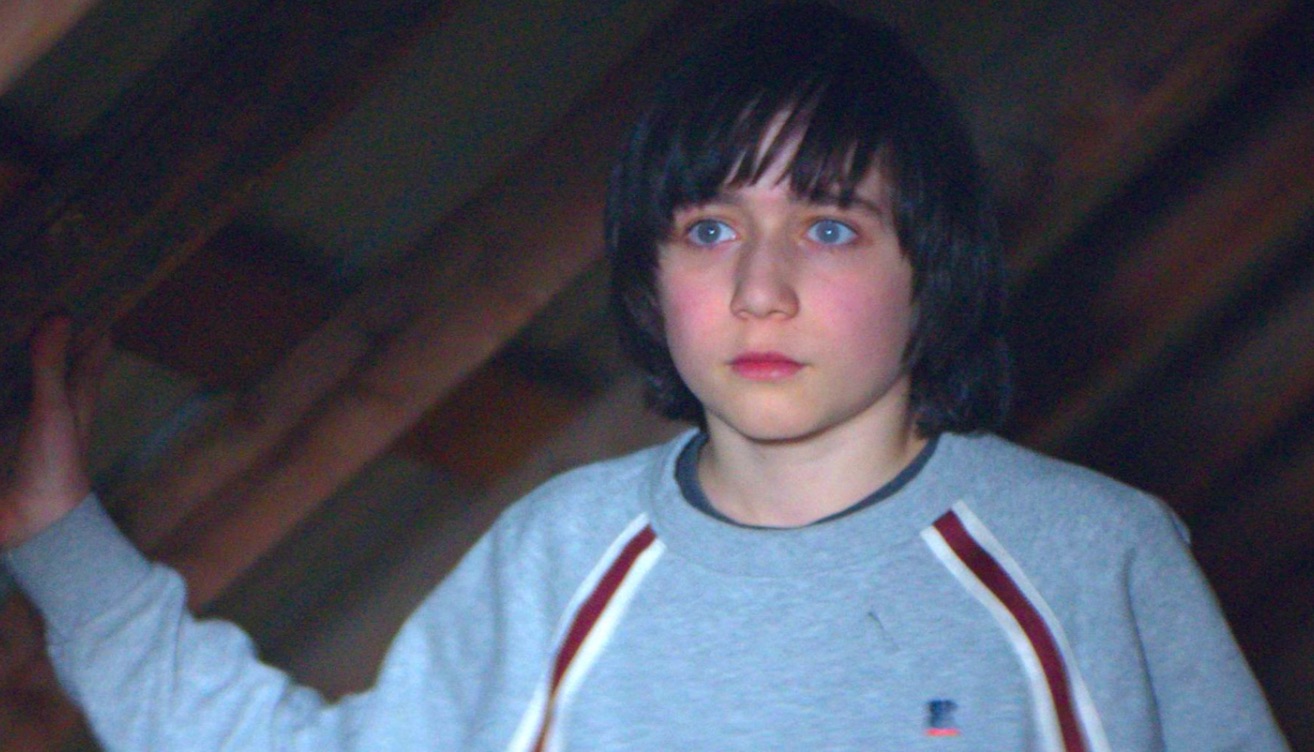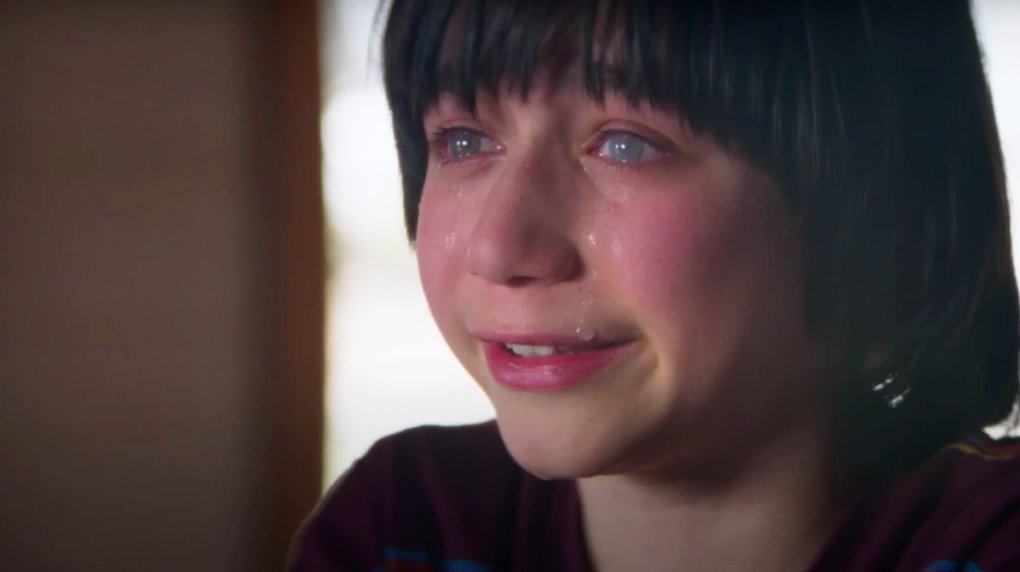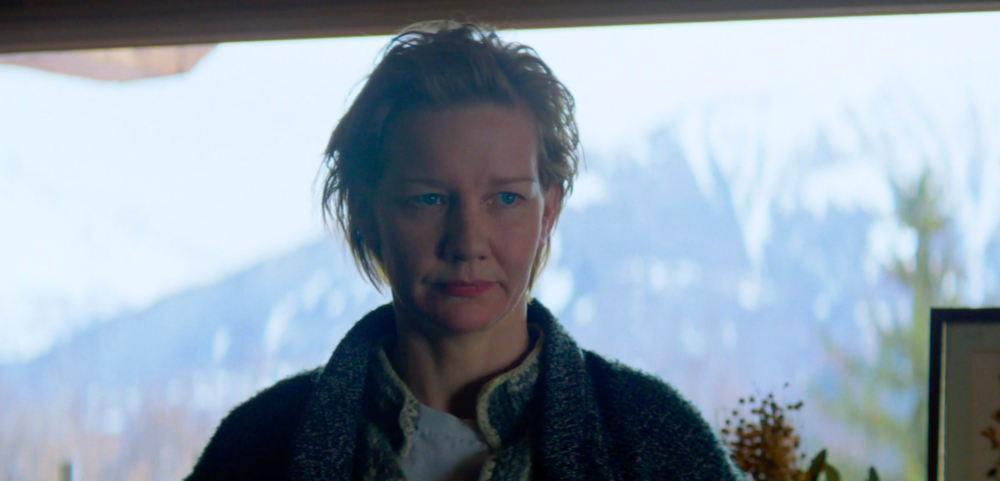Truth is subjective, and you have to decide which version of it you want to believe in order to move forward. In ‘Anatomy of a Fall,’ a young boy named Daniel finds himself at this crossroads, trying to figure out whether or not his mother was behind the unfortunate and sudden death of his father. Much like Daniel, the audience, too, is put in a very difficult position where the truth becomes more elusive as more facts about the case come to light. The ending gives a concrete outcome to the case, but that doesn’t mean it hands over the truth to the audience on a silver platter. In fact, it challenges them to find their own version of the truth. SPOILERS AHEAD
Anatomy of a Fall Plot Synopsis

Sandra lives with her husband, Samuel, and their son, Daniel, in an isolated location in Samuel’s hometown in France. Sandra is in the middle of an interview when Samuel blasts loud music from the attic, leading Sandra and the interviewer to agree that they should do it someplace else at some other time. As the interviewer leaves the house, Sandra’s son, Daniel, takes his dog, Snoop, out for a walk. When they return, the dog and the boy find Samuel on the ground, presumably having fallen from the attic window.
Investigation suggests that Samuel’s death might not have been an accident, and this puts the suspicion directly on Sandra, as there was no one else around to kill her husband. Sandra reaches out to Vincent, her only friend from a long time ago, who she knows is a lawyer. As the prosecution and defense build their case, both sides try to paint their own version of what might have happened to Samuel that day.
Anatomy of a Fall Ending: Is Sandra Guilty of Murdering Samuel?
There are a lot of things about ‘Anatomy of a Fall’ that make it an excellent film, but what sets it apart is how it never seems concerned with the truth of the matter, only the version that is best presented and seems more believable than the other, which is what the court and the jury also seem to be more invested in. There is no way to know how Samuel really fell from the window. There is no audio/video recording, no CCTV around to have caught the moment on camera, and not even a person (other than the family) around to witness the crime (if that’s what occurred). Due to that, the only thing that the court can do is to see the evidence altogether and try to find the most acceptable picture that forms out of it. When Vincent is brought on board as Sandra’s lawyer, he tells her the same thing. When she claims she is innocent, he says that’s not the point.

Vincent knows that in the case of someone’s death under mysterious circumstances, people want someone to put the blame on. They want an answer, and it doesn’t matter if it’s the right one. They want a narrative that can fit the bill and give them answers that they’ll probably never have otherwise. Due to this, it is necessary to come up with an explanation about Sameul’s death, one that not only counters the prosecution’s story but also presents itself as the only logical explanation of why Samuel died that day.
During the trial, the prosecution comes up with all sorts of things, from the blood spatter to the fragile marriage between Sandra and Samuel to Sandra’s novels in which she uses her own life to craft a fictional story. They use her own lies against her to show that she is capable of deception, added to the fact that she’d cheated on her husband and had emotionally manipulated him to think that he was responsible for their son’s accident and should be the sole bearer of the responsibilities that come as a consequence. However, even with all of this, what they presented was nothing more than speculation. They didn’t have anything concrete that would irrevocably tie Sandra to the crime and show everyone that she was indisputably the murderer.
Sandra’s defense used this to poke at the prosecution’s thin narrative and create holes in the story to show how easily it could crumble under the weight of another narrative, which was equally as, if not more, believable. Vincent knew that someone had to be blamed for Samuel’s death, and to protect Sandra, the blame had to lie on Samuel himself. From the beginning, he leaned towards the possibility of suicide and worked so hard to create that story that eventually, even Sandra and Daniel, too, believed that suicide is what it would have been, not even an accident.

The possibility of the accident (which is probably what happened, by the way) is so completely removed from the equation that no one even considers it anymore. It is either Sandra who killed her husband or Samuel killed himself. No one considers the scenario where both parties might be guilt-free because that would directly clash with society’s desire to have a guilty party, to have everyone walk away clean from a crime so bloodied and messy.
In the end, even as Sandra is acquitted and allowed to go back home and live without the blemish of murder on her hands, there is no way to be sure that she didn’t do it. It just means that her lawyers, aided by her son’s testimony in the end, did a better job in turning facts in her favor than the prosecution did in pitting everything against her. The obscurity of the ending keeps it in line with the tone of the film, giving nothing away to the audience and forcing them to do what other characters have done in the movie: make up their own mind; choose what you want to believe.
What Does Daniel’s Hug Mean? Did He Lie to Save His Mother?
When Samuel dies, and Sandra is put on trial for his murder, the weight of the verdict falls on the only other person around at the time of the crime: Daniel. He was the only one who knew what was going on in his parents’ marriage, the only one to have been close enough to know that they had talked to each other a short while before Samuel’s death. The only witness in the case, one word from Daniel could make or break his mother’s life, and eventually, he understands the gravity of his position.

At first, Daniel believed his mother when she said she didn’t kill his father. He was present at every hearing in the court because he wanted to know everything about the case, hoping to find truth and closure to understand his father’s death. But when it is revealed that his parents were not doing as well as he thought they were, he is forced to reconsider things. He knew that they’d fought, but he never thought that the fights would get violent. He didn’t know about his mother’s affair or that his father had tried to kill himself a few months before he died.
Daniel wants to believe his mother, but with the barrage of all the new information, he doesn’t know what to believe anymore. When he finds out about the time his father ingested too much aspirin, which his mother labels as a suicide attempt, he tries to verify it by giving his dog a similar amount of aspirin. It turns out that his mother was right. Samuel did consume and then vomit aspirin, which was later consumed by the dog, who fell sick in the following days. When the caretaker, Marge, asks Daniel why he poisoned his dog, the boy admits that he was trying to find out if his mother was telling the truth because he’s not so sure anymore.
Daniel wishes someone to give him the answer, no matter what it is. He even asks Marge what she believes, but she refrains from influencing him, knowing how crucial it could be to the testimony he would later give to the court. When his struggle doesn’t end, she tells him that in such cases, the choice falls on the person to decide their version of the truth. What do you want to believe? As Daniel gives more thought to it over the day, especially in the absence of his mother, he comes to the conclusion that makes sense to him. If his mother killed his father, he wouldn’t know how to make heads or tails of it, how to justify or even understand it. But if his father killed himself, it would be understandable; it would be something that would make more sense than the murder. So, that’s what he believes.
In his testimony, Daniel talks about his experiment with the dog and later shares an incident where his father warned him not to become too dependent on the dog as the dog might leave him someday. In hindsight, Daniel says that it feels like Samuel was talking about himself and had perhaps made up his mind to kill himself even back then. This serves as a crucial element in the verdict, where Sandra is given a clean chit. When she comes back home, she and Daniel hug each other. Previously, their hug was about Sandra comforting him. But this time, they seem to have traded places, and Daniel is the one who comforts his mother in a rather parental manner.

A key point in Daniel’s testimony, when he talked about the incident with his father, was that it was his voice that we heard on the top of his father’s image. It was as if Daniel was putting words in his father’s mouth. As opposed to this, when the scene with Sandra and Samuel’s fight was played, we heard Samuel’s voice. It was because the audio played in the court was fact. It was real, unhindered by people’s accounts or perceptions. It was not hearsay but actual words from Samuel’s mouth, unlike every other time when someone, like Sandra, Daniel, or even Samuel’s therapist, talked about what Samuel said to them or what he might have meant when he said those things.
Another thing that makes one wonder if Daniel lied is how well-thought-out his words seem. It feels like something right out of a book, like a foreshadowing in a story or a clue thrown around by the author at the beginning of a mystery. Just a day before he appeared in court, he saw a discussion on the news where someone talked about how Samuel’s death and the public’s interest in the case made it seem like something out of a novel that Sandra had already written. If she used her life to write her novels, then perhaps she killed her husband to get a story for her next book. We feel the same thing with Daniel’s testimony, which seems to have been structured in a way that would serve as a great addition to the narrative in his mother’s favor, like a story he wrote just for her.
Considering this, it is fair to say that there is no way to verify whether the conversation about the dog’s death really happened between Samuel and Daniel. Maybe it did, and Daniel only thought about it when he discovered his father had been suicidal, and that’s why he brought it up so late. Or, he completely made it up because he knew it would bolster his mother’s defense and add to the narrative of Samuel’s suicide rather than murder. Through his testimony, he revealed that he had chosen to believe his mother was not guilty and that hug, in the end, was just another way for him to express his acceptance of her. Maybe he’s still struggling with some details, some unexplained things about his father and the day of his death, but for now, he has given his mother the benefit of the doubt and prevented himself from losing another parent.
Read More: Is Anatomy of a Fall Inspired by a Real-Life Murder Investigation?


You must be logged in to post a comment.